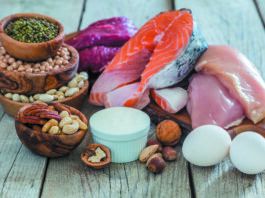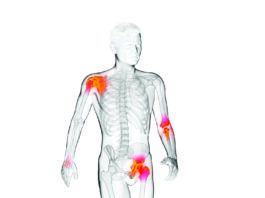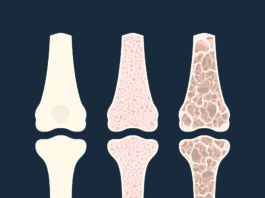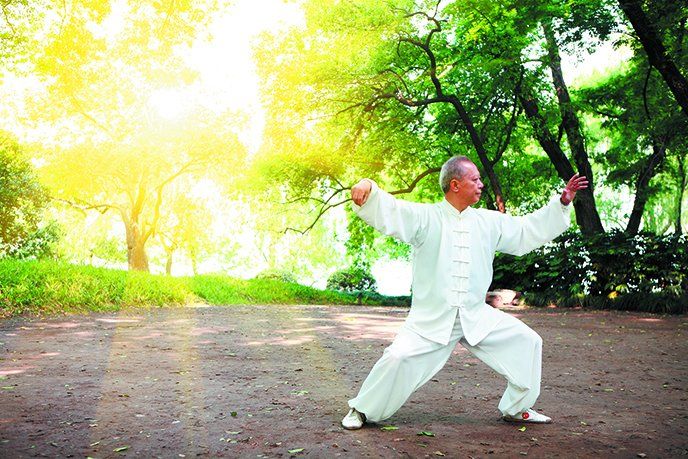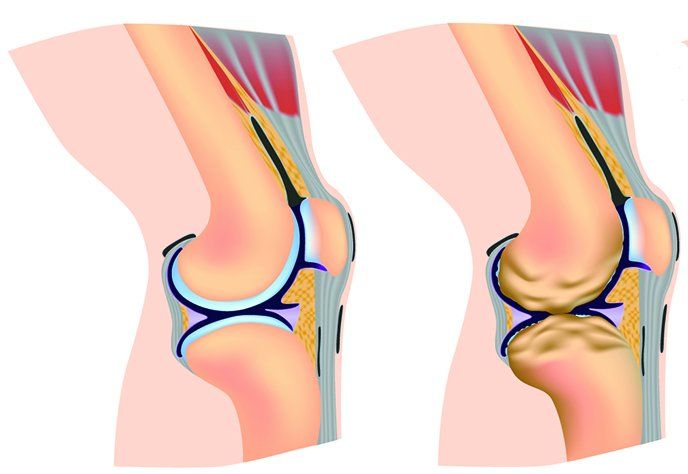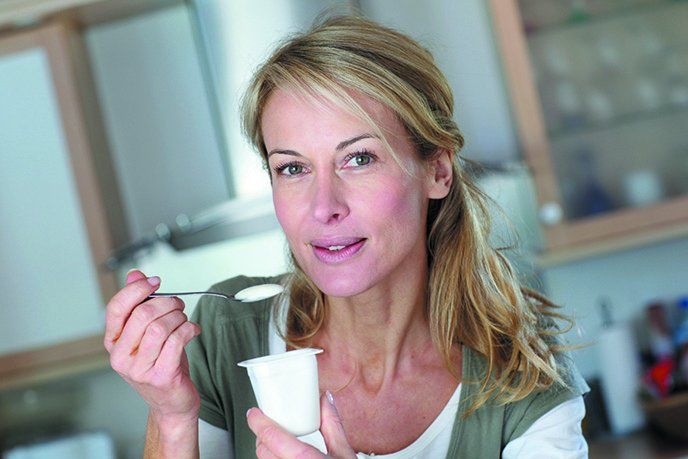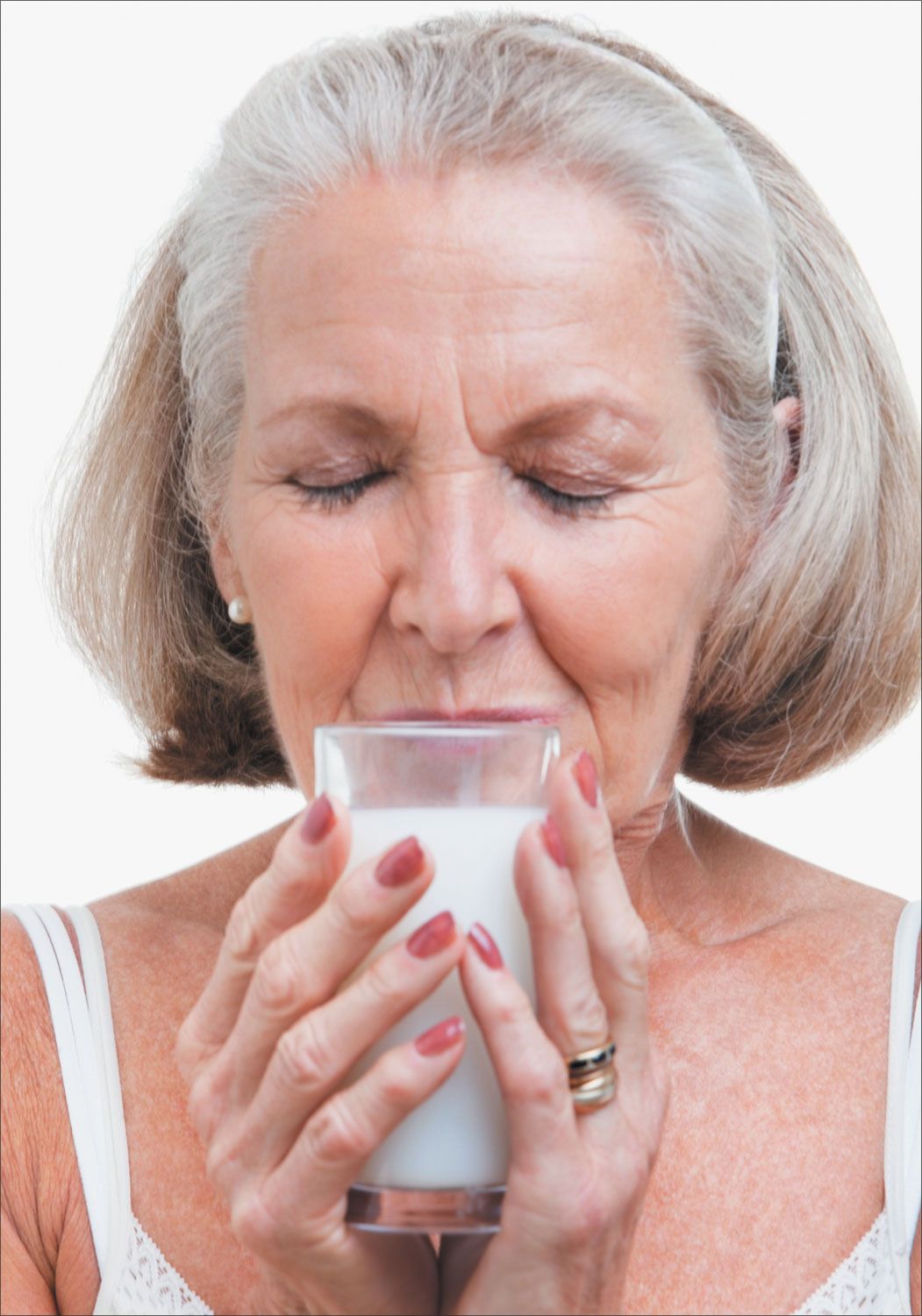Bone-Protective Effects of Exercise
Exercise that stresses your bones (weight-bearing exercise, such as walking or tennis) can help preserve bone mass as you age. But, how?
Dietary Relief for Aching Joints
Whether your knees ache when you climb stairs or it hurts to bend down to tie your shoes, arthritis can be a real pain. There is no easy fix for osteoarthritis, the most common type of arthritis and the focus of this article. In this condition, cartilage (the covering on ends of bones) erodes, and the protective joint space between bones decreases. Pain, inflammation and reduced mobility can result. Arthritis is more common with age,…
Knee Pain from Arthritis? Try Tai Chi
Could an ancient Chinese mind-body practice help with knee pain from osteoarthritis? A new Tufts study reports that tai chi produces benefits similar to physical therapy for osteoarthritis patients.
Smart Fat Choices Might Slow Arthritis Progression
What's good for your heart might also be good for your aching knees. High intakes of saturated fat were associated with a faster progression of knee osteoarthritis in a new prospective observational study, while consuming more heart-healthy unsaturated fats was linked to slower progression.
No Weight-Loss Protection from Vitamin D
While losing weight can protect you against chronic diseases, it does come with a downside - especially for postmenopausal women: Studies have shown that obese older women who lose weight also lose lean muscle mass and bone mineral density (BMD), particularly if they are inactive, potentially putting them at greater risk of frailty and falls.
Q. Is the Daily Value (DV%) for elemental calcium or calcium in combination with...
Q. Is the Daily Value (DV%) for elemental calcium or calcium in combination with other things - like calcium lactate or calcium citrate? Which of these combination forms is best?
Green Tea Extract Fails to Fight Fat or Boost Bones
Don't count on green-tea pills to help you lose weight or keep your bones strong. A new clinical trial testing year-long supplementation of green-tea extract reports no difference between the pills and placebo in changes in body mass index, total fat mass or percentage of body fat, or bone-mineral density.
Studies Challenge Bone Benefits of Extra Calcium
Older adults whove been loading up on calcium - either in their diets or in supplement form - to protect their bones recently got a shock on the nightly news: Extra calcium, according to two new headline-making reviews published in BMJ, was not associated with meaningful benefits for improving bone density or reducing fracture risk.
Milk May Slow Arthritis Progression
Milk, long touted for helping children and young adults build strong bones, may also help keep the joints connecting those bones working right as you get older. A new study of more than 2,000 patients with knee osteoarthritis reports that greater milk consumption, primarily fat-free or low-fat milk, was associated with reduced progression of the condition. The apparent benefit was seen only in women, however.
Calcium and Vitamin D May Benefit Cholesterol as Well as Bones
If youre taking extra vitamin D or calcium to protect your bones, theres good news about these bone-building nutrients and your cholesterol levels. According to a new analysis of data from the Womens Health Initiative (WHI), supplements of vitamin D and calcium might modestly improve your cholesterol numbers. Previous studies of calcium and cholesterol had produced inconsistent results, while little was known about vitamin Ds effects.






















